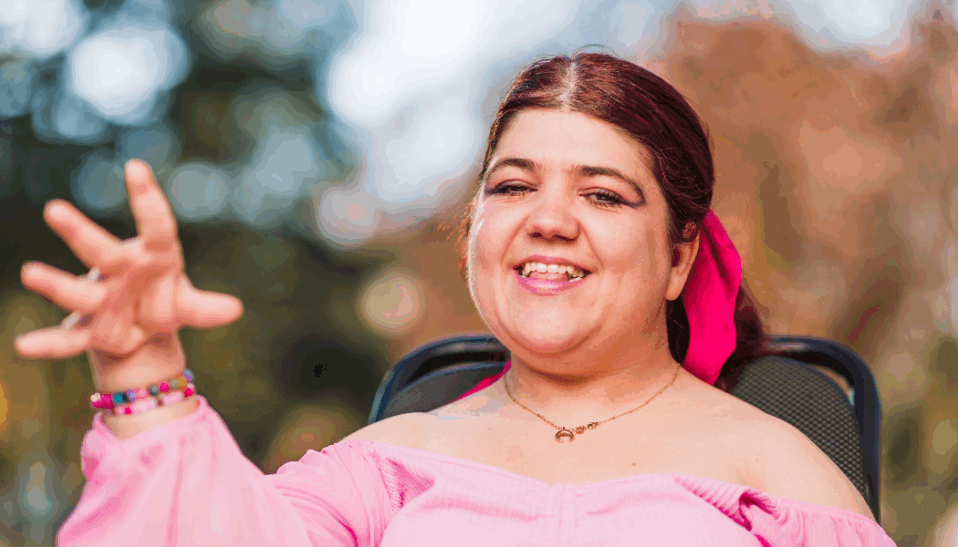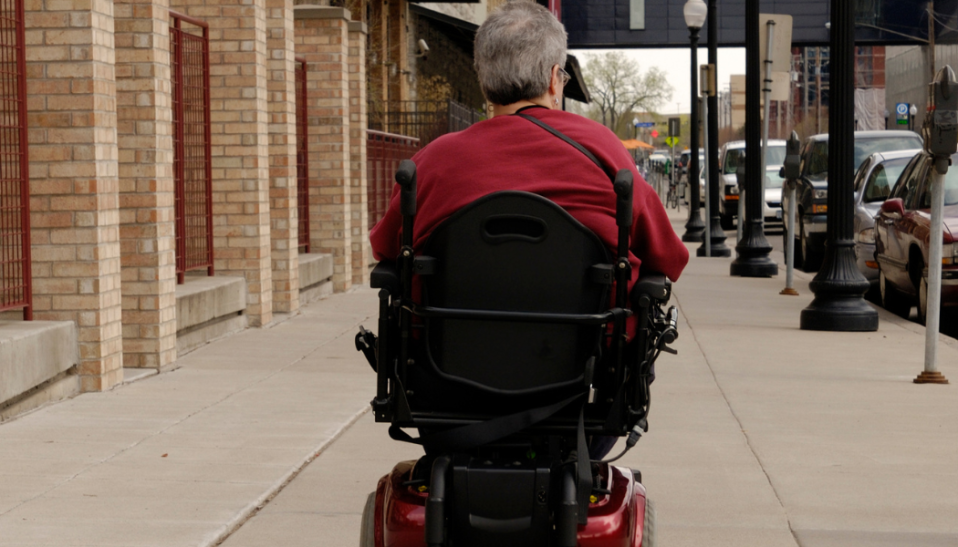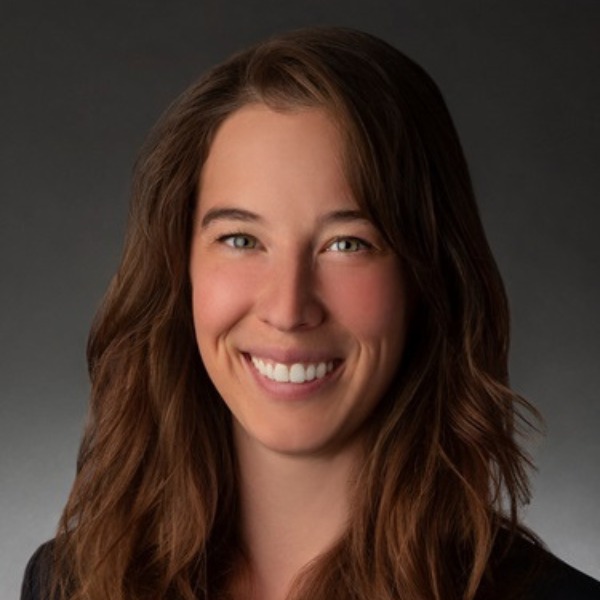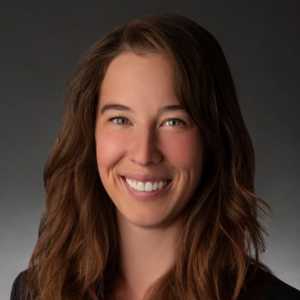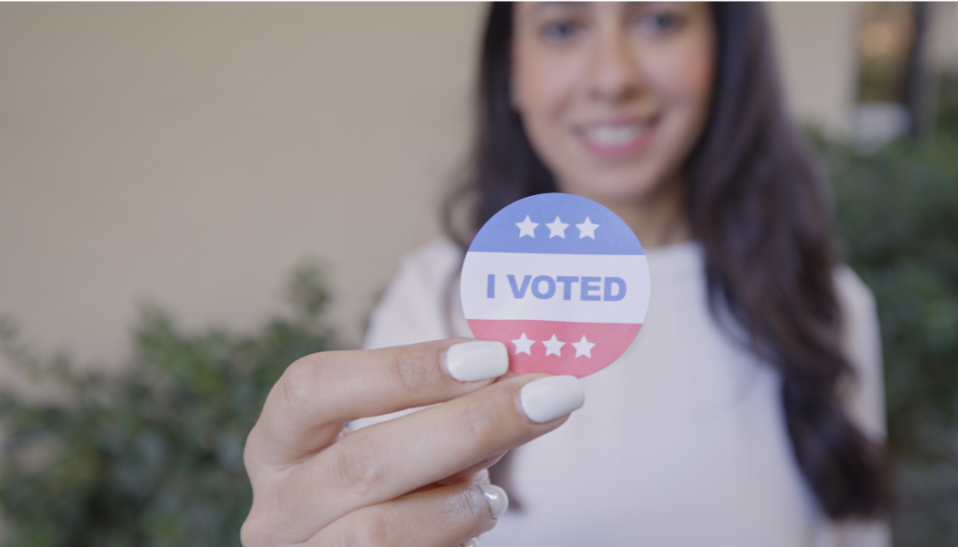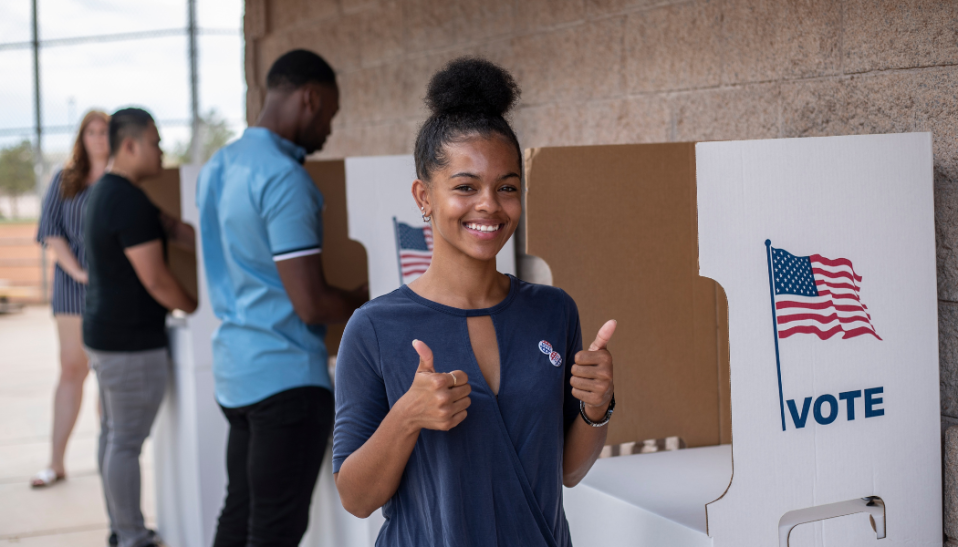ANNAPOLIS, MD – Two Maryland voting rights coalitions – Everyone Votes Maryland and Expand the Ballot, Expand the Vote – have been extremely busy preparing for Election Day and ensuring that every Marylander knows their voting rights!
Below are some resources put together by coalition members to make sure that everyone has access to their fundamental right to vote. Coalition members coordinate and collaborate between hotlines to cover the entirety of Maryland and provide options for people who may be more comfortable calling one hotline over another.
Common Cause MD, state lead for 866-OUR-VOTE (866-687-8683)
866-OUR-VOTE is running a national election protection hotline for individual voters to ask questions and get more information about their voting options. The hotline is open from 9:00am (EDT) to 11:59 pm Monday through Friday and 10:00 am to 9:00pm on weekends. Their website also provides Maryland-specific information: https://866ourvote.org/state/maryland/
There will also be nearly 200 trained nonpartisan 866-OUR-VOTE volunteers monitoring polling locations in the largest precincts on Election Day. These volunteers assist with answering MD voter questions outside of the polls and report issues to the hotline and Common Cause MD.
ACLU-MD’s Election Protection Hotline: (667) 219-2625
ACLU-MD is running an election protection hotline to help Maryland voters with questions and concerns about voting in Maryland. Hotline staff can provide information about voter eligibility, voter registration, voting by mail, early voting, Election Day, drop boxes, and more. During early voting, 10/24 to 10/31, the hotline is open from 9:00am to 5:00pm. On Election Day, 11/5, the hotline is open from 7:00am to 8:00pm. More info at https://www.aclu-md.org/en/know-your-rights/voter-empowerment.
League of Women Voters of Montgomery County’s Hotline: (301) 984-9585
LWV Montgomery County is running a hotline on weekdays until Election Day, 11/5. Assistance is available in English from 10:00am to 4:00pm and in Spanish from 4:00pm to 7:00pm.
Disability Rights Maryland’s Hotline: (443) 692-2512 or Voting@DisabilityRightsMD.org
DRM is running an election protection hotline to provide voter assistance at the polls and help solve issues impacting people with disabilities. Staff are available to answer questions about accessible voting machines, access to ballots, and any accessibility challenges at polling sites. More info at: https://disabilityrightsmd.org/voting-2/
Expand the Ballot, Expand the Vote Outreach and GOTV
Expand the Ballot is campaigning to empower all Marylanders, with particular focus on those directly impacted by the criminal justice system. To do so, the coalition has engaged in street canvassing, held voter registration drives, and provided transportation to polling stations. This campaign is designed to ensure that individuals know they are eligible to vote even if they are in pre-trial detention, in a facility for a misdemeanor, or on parole or probation after their release. See more about the mission and purpose of the coalition below.
Life After Release and Black Voters Matter Street Canvassing
Life After Release is hitting the streets in Prince George’s County and Baltimore City in Black Voters Matters vans, visiting courthouses and community events to encourage community members to register to vote. The vans provide education, voter registration, and transportations to the polls. Street canvassing fosters genuine and impactful conversations, which are crucial for building trust among those who may feel excluded from the political process.
Need a ride to the polls?
Maryland Justice Project is providing rides to the polls in the Baltimore area. To request a ride, call 443-462-9271.
Maryland League of Conservation Voters Education Fund
Maryland LCV Education Fund is targeting GOTV efforts in Maryland to communities with high Latino populations that are traditionally underserved and overburdened. Our Chispa Maryland team has conducted outreach in communities that are defined by the Maryland General Assembly as “environmental justice” communities. The Fund has also created an online Voter Tool that creates a one-stop shop for eligible individuals to register to vote, find polling locations, request a mail-in ballot, and more. Learn more at: https://www.marylandconservation.org/elections or in Spanish at: https://www.marylandconservation.org/elections-2
National Multi-Language Hotlines
Spanish/English: 888-VE-Y-VOTA (888-839-8682)
Asian Languages/English: 888-API-VOTE (888-274-8683)
Arabic/English: 844-YALLA-US (844-925-5287)
About Expand the Ballot, Expand the Vote:
The Expand the Ballot Coalition consists of numerous organizations that have come together to stop voter suppression, ensuring that people who are currently and formerly incarcerated are aware of their right to vote and have access to voting regardless of their circumstances. Organizations in the coalition include Out for Justice, Life After Release, Maryland Justice Project, League of Women Voters, NAACP, Common Cause, Disability Rights Maryland, H.O.P.E., Campaign Legal Center, and ACLU of Maryland.
About Everyone Votes Maryland:
Everyone Votes is a coalition of good government, civil rights, environmental, labor, and grassroots organizations working toward increasing access to the ballot in Maryland
